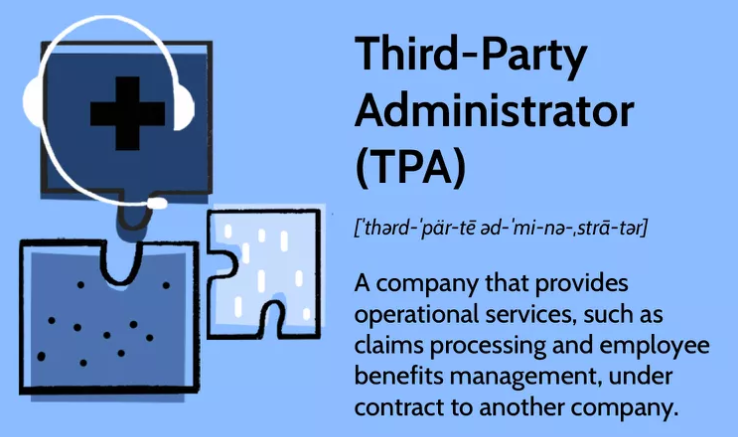3rd Party
What is a 3rd Party?
Definition:
In business and commerce, a third party refers to an external entity or individual that is not directly involved in a transaction or relationship between two primary parties. Third parties can play various roles, including intermediaries, service providers, facilitators, or arbitrators, depending on the context of the interaction.
Analogy:
Imagine a third party as a mediator in a dispute resolution process. Just as a mediator impartially assists conflicting parties in reaching a resolution, a third party in business acts as an intermediary, facilitating agreements, transactions, or services between two or more parties.
Further Description:
What is Third Party? involvement in business transactions and relationships can take many forms, including:
intermediaries: Third parties act as intermediaries facilitating transactions between buyers and sellers, such as brokers, agents, or distributors.
Service Providers: Companies often engage What is Third Party? service providers to outsource specific functions, such as IT support, accounting services, or logistics management.
Facilitators: Third parties facilitate interactions between parties by providing platforms, marketplaces, or technology solutions that enable transactions or communications to occur.
Arbitrators and Mediators: In dispute resolution processes, third parties serve as neutral arbitrators or mediators to help parties reach mutually acceptable agreements outside of the court system.
Why are Third Parties Important?
Efficiency and Specialization: Third parties offer specialized expertise and resources that primary parties may lack, enhancing efficiency and effectiveness in various business processes.
Risk Mitigation: Engaging third parties can help mitigate risks associated with certain activities, such as outsourcing non-core functions or relying on expert advice for complex decisions.
Access to Resources and Networks: Third parties provide access to diverse resources, networks, and markets, enabling primary parties to expand their reach and capabilities beyond their immediate scope.
Conflict Resolution: In contentious situations, third parties play a crucial role in facilitating dialogue, negotiation, and resolution, preserving relationships and avoiding escalation.
Examples and Usage:
E-commerce Platforms: Online marketplaces like Amazon and eBay serve as What is Third Party? platforms connecting sellers with buyers, handling transactions, payments, and logistics on behalf of both parties.
Logistics and Fulfillment Services: Companies utilize What is Third Party? logistics providers (3PLs) to manage warehousing, transportation, and distribution operations, streamlining supply chain management.
Payment Processors: Payment gateway providers such as PayPal or Stripe act as What is Third Party? intermediaries facilitating secure online payments between buyers and sellers.
Legal and Compliance Services: Businesses engage What is Third Party? legal firms or compliance consultants to ensure adherence to regulatory requirements, manage risks, and navigate complex legal issues.
Key Takeaways:
- Third parties are external entities that facilitate transactions, provide services, or mediate interactions between primary parties.
- Roles include intermediaries, service providers, facilitators, and arbitrators, depending on the context.
- Benefits encompass efficiency, risk mitigation, access to resources, and conflict resolution.
- Examples include e-commerce platforms, logistics services, payment processors, and legal/compliance advisors.
Table of Contents





